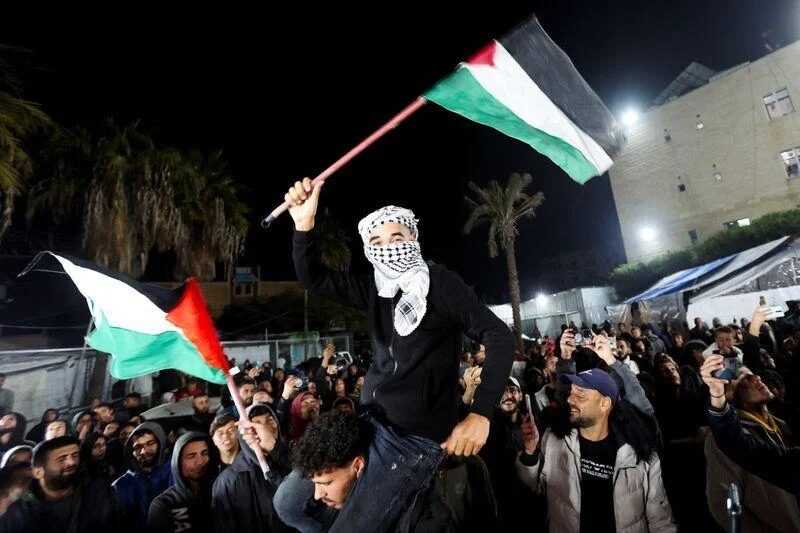Analysis: Examining the Terms of Gaza’s New Ceasefire Agreement

After 15 months of intense conflict in Gaza, a ceasefire agreement has emerged that differed significantly from initial objectives.
The Israeli government’s stated goals at the outset included hostage recovery, neutralising militant capabilities, and establishing security zones near the Gaza perimeter. The final terms suggest a compromise that deviates from these original aims.
Netanyahu’s military strategy employed advanced weaponry and faced international scrutiny over civilian casualties. The conflict garnered varied international responses, with some nations supporting Israel’s security concerns whilst others called for immediate cessation of hostilities.
The hostage situation has been particularly complex. Early in the conflict, a temporary pause enabled some hostage releases through negotiated exchanges. This new agreement potentially builds on that framework, though specific details remain unclear.
The extended conflict has had profound international ramifications. It sparked widespread demonstrations globally, particularly in Western cities, reflecting growing public concern over the humanitarian situation. Some academic and financial institutions have revised their regional partnerships and investments in response.
The agreement’s text reportedly addresses multiple concerns raised throughout the conflict, though it leaves several underlying issues unresolved. It represents a shift from earlier negotiating positions, potentially influenced by increasing international pressure and humanitarian concerns.
One notable aspect is the role of regional mediators in facilitating negotiations. Their involvement highlights the complex diplomatic dynamics at play, with various stakeholders contributing to the negotiation process.
The conflict’s aftermath presents significant challenges, particularly regarding Gaza’s reconstruction needs. International organisations estimate the rebuilding costs will be substantial, requiring coordinated global effort.
Looking ahead, the agreement’s implementation will require careful monitoring and sustained diplomatic engagement. The challenge lies not only in maintaining the ceasefire but in addressing the fundamental issues that led to the conflict. Success will likely depend on continued international support and commitment from all parties involved.
Whilst this agreement may pause immediate hostilities, establishing lasting stability will require addressing broader regional security concerns and humanitarian needs. The international community’s role in supporting reconstruction and reconciliation efforts will be crucial in the coming months.
How to submit an Op-Ed: Libyan Express accepts opinion articles on a wide range of topics. Submissions may be sent to oped@libyanexpress.com. Please include ‘Op-Ed’ in the subject line.
- Libya, Mozambique Advance Major Rice Project - January 16, 2025
- Libyan PM Holds Official Talks with Turkish President - January 16, 2025
- Analysis: Examining the Terms of Gaza’s New Ceasefire Agreement - January 16, 2025


